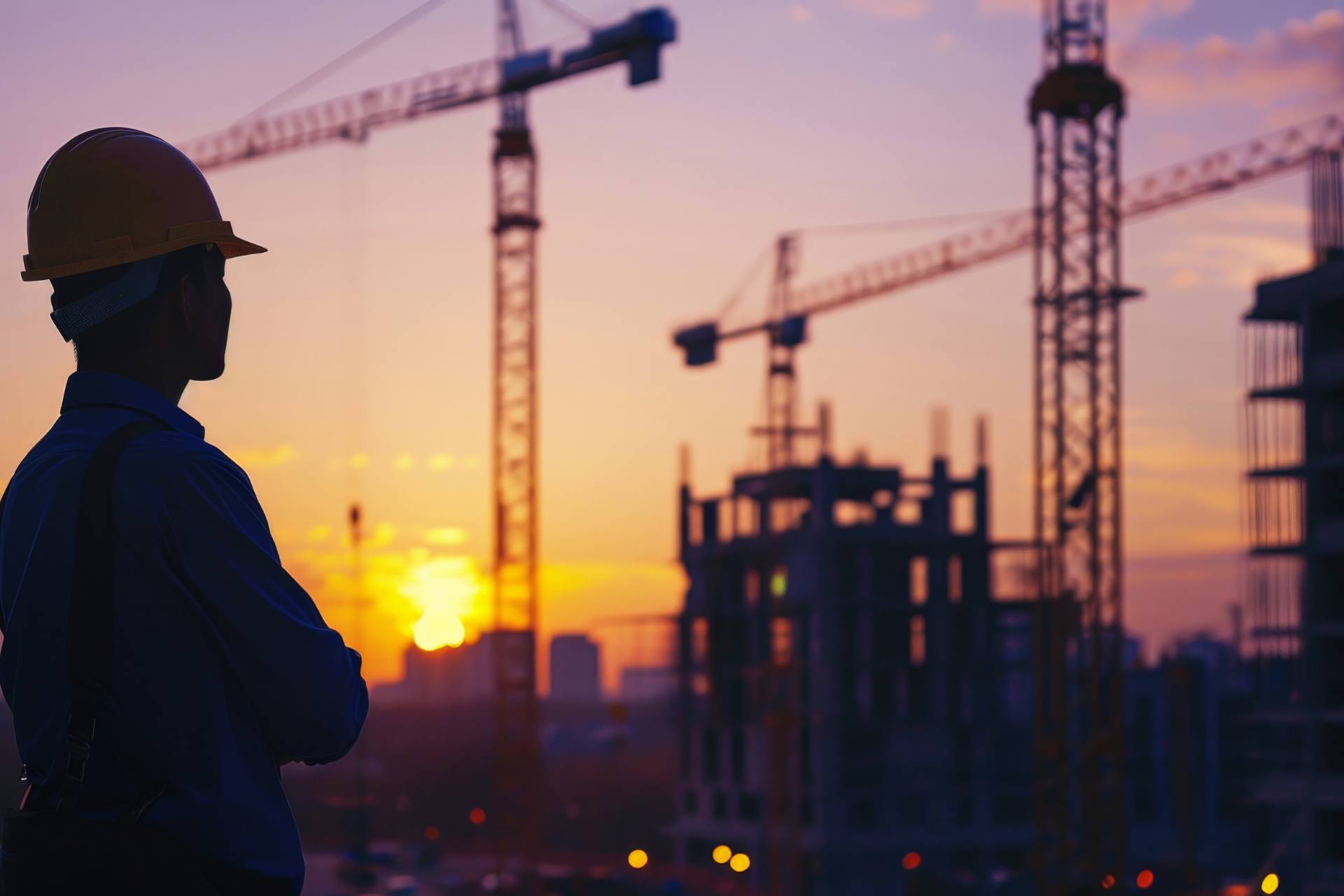
2025 is shaping up to be a defining year for Africa—not just as a player reacting to global shifts, but as a real force helping shape them.
Let’s face it, Africa’s been on the edge of a major breakthrough for a while. With its young and ambitious population, a treasure trove of natural resources, and deeper ties forming across the continent, it’s not just keeping pace anymore—it’s gaining momentum. And this year? It might just be the spark that lights the fuse.
Here are five developments you’ll want to keep an eye on as Africa steps confidently into 2025.
Africa contributes less than 4% to global carbon emissions, but it’s on the frontlines when climate chaos strikes—facing everything from extreme droughts to devastating floods. That’s not just unfair, it’s dangerous.
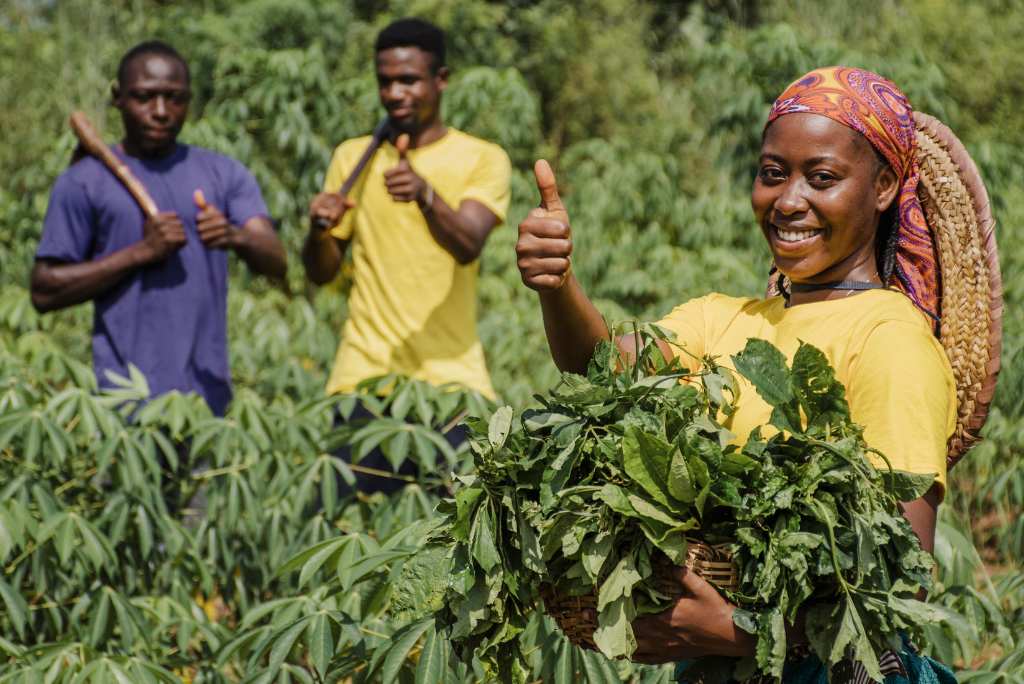
So, what’s happening in 2025? At COP29 in Baku, African negotiators are pushing hard for a bigger slice of the global climate finance pie. Some numbers floating around suggest a global goal north of $300 billion by 2035—with hopes that a meaningful chunk of that will go to the Global South.
At the same time, carbon markets are gaining traction across the continent. Countries like Gabon and Kenya—where emissions are low but forests are dense—are tapping into voluntary carbon credit markets. Right now, credits go for around $10–$30 per tonne, but some projections say we could see that soar to $80 down the line. If things play out right, Africa could become a magnet for green investments, especially in reforestation, clean energy, and climate-smart farming.
Still, a lot depends on how global policies shake out. Ambition’s there—now it’s a waiting game for action to follow.

There’s no sugarcoating it, Africa’s political landscape has been complicated. With Russia hitting stumbling blocks in Ukraine and Syria, its influence in African countries like Mali, Burkina Faso, and Niger has started to wane. These military-heavy alliances just aren’t holding up as well under pressure from economic strains and growing public frustration.
But there’s a bit of a reset in motion. ECOWAS and other regional groups are pushing for a return to civilian rule. If that holds, it could open the doors for Western capital to return—especially in sectors that hinge on clear legal rules and stable governance, like mining, energy, and big infrastructure projects.
It’s still early, but the tone is shifting. And with it, investment opportunities in Africa are going up.
If 2024 was the year BRICS got a facelift, 2025 might be when it starts flexing its new muscles. With Egypt, Ethiopia, Iran, Saudi Arabia, and the UAE joining the original crew of Brazil, Russia, India, China, and South Africa, the bloc suddenly looks a lot more like a global heavyweight.
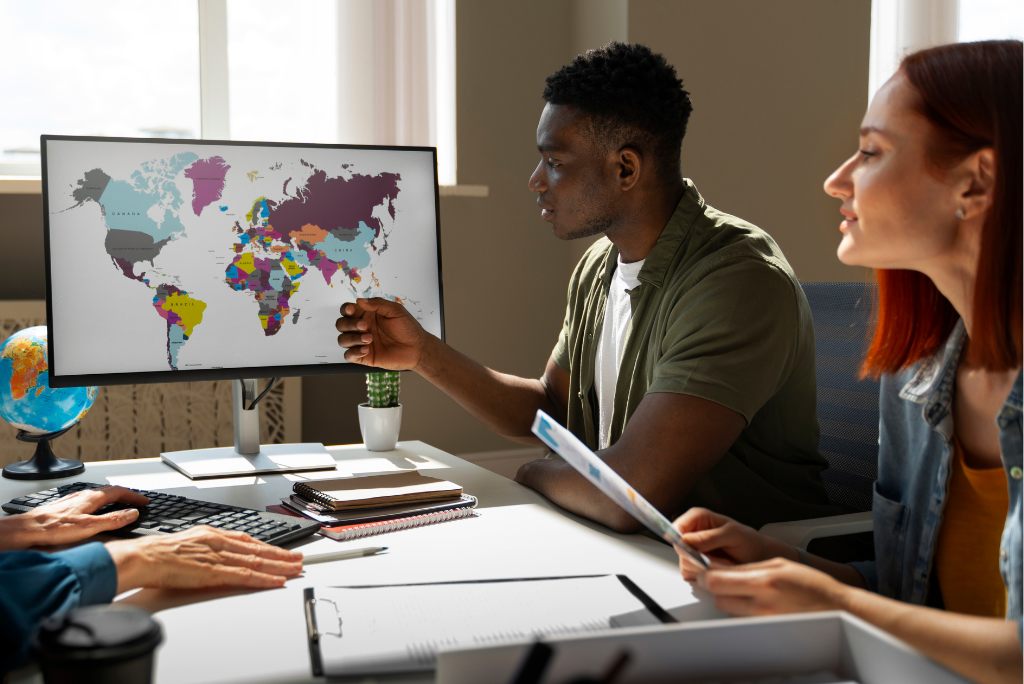
This expanded group is eyeing up alternative trade systems—think regional exchanges for oil, rare earths, and agri-goods. The buzz around a shared BRICS currency is still just that—buzz—but conversations are definitely heating up.
Meanwhile, countries like Nigeria and Algeria are expressing interest in hopping aboard, hoping to escape the grip of the US dollar, especially as local currencies continue to wobble under FX pressures.
For African businesses, this could be a golden chance to build trade partnerships that aren’t as dependent on legacy systems. Combined with progress under the AfCFTA, trade could start to look a whole lot more homegrown—and a whole lot more stable.
Yes, some headline-grabbing exceptions remain—South Sudan, for example, is riding a projected GDP boom thanks to oil and base effects—but zoom out, and the broader picture across Africa is looking brighter.
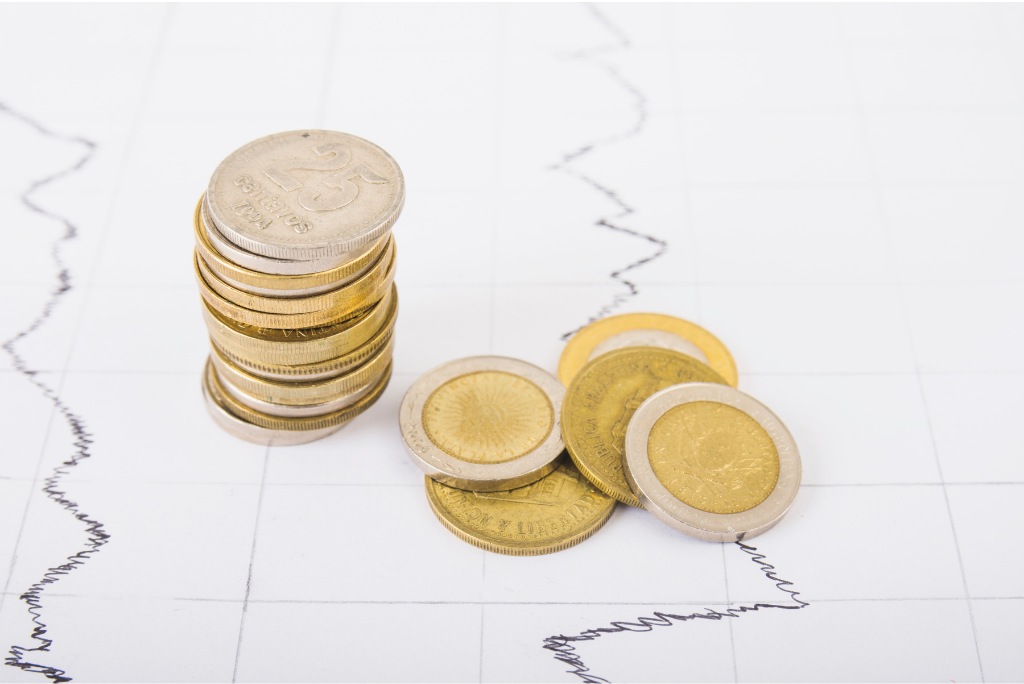
Inflation is starting to cool off in several major economies. Central banks in Kenya, Ghana, and Morocco are even hinting at cutting interest rates after a string of hikes from 2021 to 2023. That could open the floodgates for easier credit, more businesses to invest in Africa, and a much-needed boost in consumer demand.
And here’s the real kicker: the infrastructure investment opportunities in Africa for the last few years? They’re finally showing returns. Countries like Rwanda, Côte d’Ivoire, and the DRC are seeing serious gains thanks to upgraded ports, highways, energy corridors, and digital connectivity. That’s not just good news—it’s the kind of change that trims costs, speeds up logistics, and draws in new investors.
The groundwork’s been laid. Now we’re starting to see the build.
Let’s not understate this, South Africa chairing the G20 in 2025 is a big deal. It’s the first time an African country gets to steer the agenda of the world’s most powerful economic forum. Expect African priorities—like debt relief, climate finance, and fairer trade access to finally take center stage.
Meanwhile, AfCFTA is gaining momentum. With a unified market of 1.4 billion people and a combined GDP of $3.4 trillion, 2025 is expected to bring real movement in harmonizing tariffs and syncing up regulations.
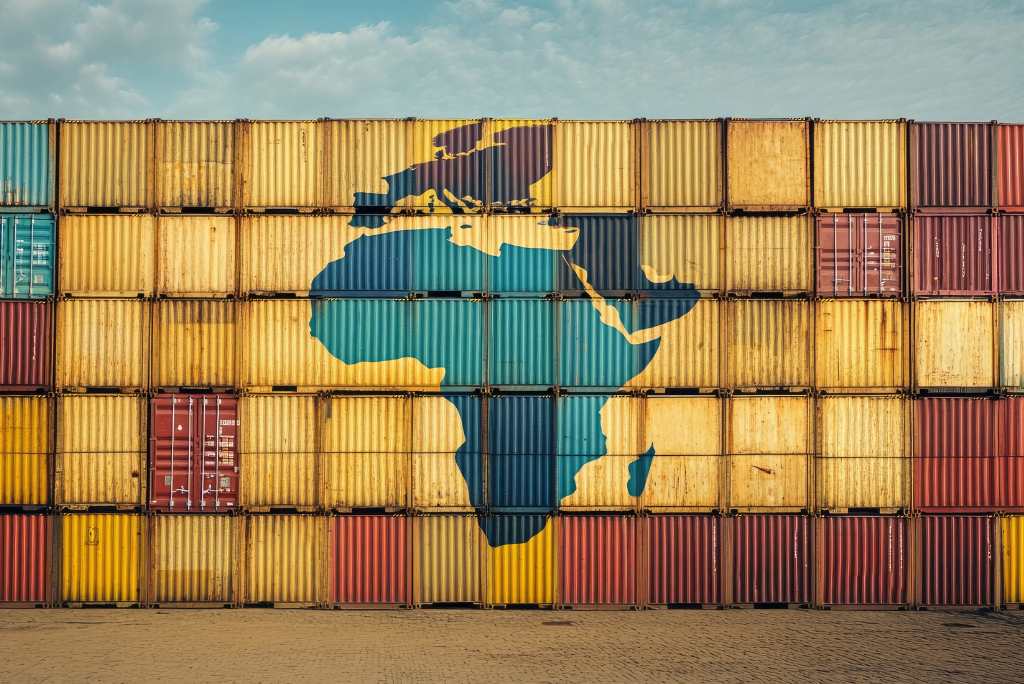
This could be a game-changer for startups and small businesses in manufacturing, logistics, and e-commerce. It’s a chance to scale beyond borders without getting tangled in red tape. And as U.S. trade policies evolve, many African nations are eyeing deeper ties with the EU, ASEAN, and Gulf economies.
The message is pretty clear: Africa isn’t just joining global supply chains—it’s becoming a hub within them.
Is 2025 going to flip the switch overnight? Probably not. But you can feel the momentum building—one policy, one trade deal, one infrastructure milestone at a time.
Africa is no longer waiting in the wings. It’s stepping into the spotlight—writing its own script, setting its own pace. And for investors, innovators, and global partners, this is the moment to show up. Not with a savior complex or a quick-profit mindset, but with the kind of patient, ethical, and forward-thinking approach that real transformation needs.
So here’s the bottom line: Africa’s future? It’s already in motion.
Sources:
1. What makes Africa a hotspot for investment?
It’s a mix of momentum, untapped potential, and timing. Africa is sitting on a treasure chest of natural resources, yes, but it’s also got one of the youngest populations on the planet, a rapidly growing middle class, and digital infrastructure that’s catching up fast. Add in continent-wide policies like AfCFTA, rising political reform, and a more connected African economy, and you’ve got a market that’s not just growing, it’s evolving. Investors aren’t just betting on raw materials anymore; they’re looking at energy, fintech, logistics, and green innovation.
2. Which African countries are attracting the most foreign investment?
There’s no single winner here, it depends on the sector. That said, a few countries consistently show up on investor radars. Nigeria and South Africa still pull major capital, especially in finance, energy, and consumer goods. But Rwanda, Kenya, Egypt, and Morocco are climbing fast thanks to business-friendly reforms, upgraded infrastructure, and political stability. And then you’ve got Côte d’Ivoire and Ghana, quietly becoming investor favorites for everything from agriculture tech to port logistics. The landscape’s shifting and a lot of the new action is happening outside the usual suspects.
3. What sectors in Africa are most promising for investors?
There’s a lot more on the table than just oil and minerals these days. Infrastructure is seeing serious returns, think ports, rail, highways, and energy corridors. Clean energy is booming, with carbon markets and solar projects picking up steam. Digital tech, especially in fintech, e-commerce, and mobile connectivity, is another major growth area. Agri-business, logistics, and healthcare innovation are rising fast, especially with young entrepreneurs pushing new solutions for old problems. Basically, if your business model supports scale, inclusion, or efficiency, Africa’s ready for it.
4. Is Africa a safe place for foreign direct investment (FDI)?
It’s safer than it’s given credit for but like anywhere else, you need to do your homework. Political stability is improving in several regions, and transparency around business laws is getting better thanks to regional bodies like ECOWAS and the African Union. Sure, some countries still come with red tape or security concerns, but that’s where local partnerships and phased investments come in. The trend is moving in the right direction, and the smart money knows that long-term plays in Africa often outperform short-term risk-averse ones.
5. What are the tax incentives for investors in African markets?
It varies by country, but the bottom line is governments want your investment, and they’re willing to make it worth your while. Many African nations offer tax holidays, import duty exemptions on capital goods, and special economic zones with lighter regulations. Rwanda, Ethiopia, Ghana, and Kenya have been especially active in rolling out investor-friendly tax frameworks. Some even tailor incentives to sectors like green energy, agritech, or industrial parks. Best advice? Get a local legal advisor, explore bilateral treaties, and stay tuned into new policies. There’s a lot on offer, you just have to know where to look.

Impact investing isn’t just a moral checkbox in Africa anymore. It’s becoming a smart business. Investors who want financial return and meaningful social or environmental change are seeing that Africa offers some of the richest ground for both. Why Africa Now? So yes, there’s lot of investment opportunities in Africa. The risk is there, policy, […]
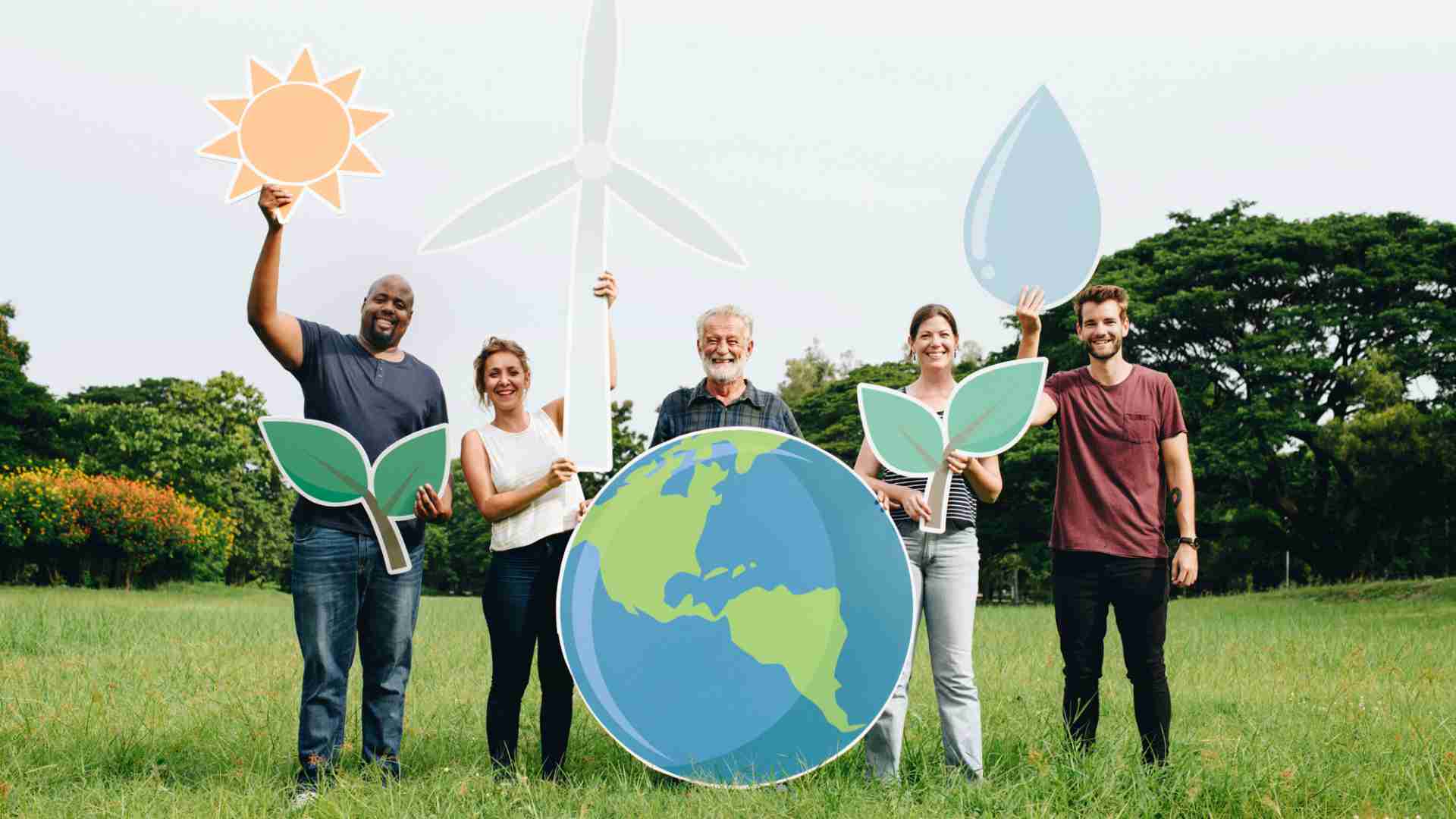
Social enterprises are basically businesses built to solve real problems while still making money. They don’t choose between profit and impact, they try to deliver both. And across Africa, they’re changing how investors think about returns, growth, and long-term value. Investment in Africa is shifting. It’s no longer just about oil, infrastructure, or extractive projects. […]

Africa’s trade agreements are basically the rules that decide how goods, services, and investments move across the continent. They shape who can trade with whom, how much tax businesses pay at borders, and how quickly products can move from one country to another. For investors, these agreements aren’t just paperwork, they determine market access, cost […]